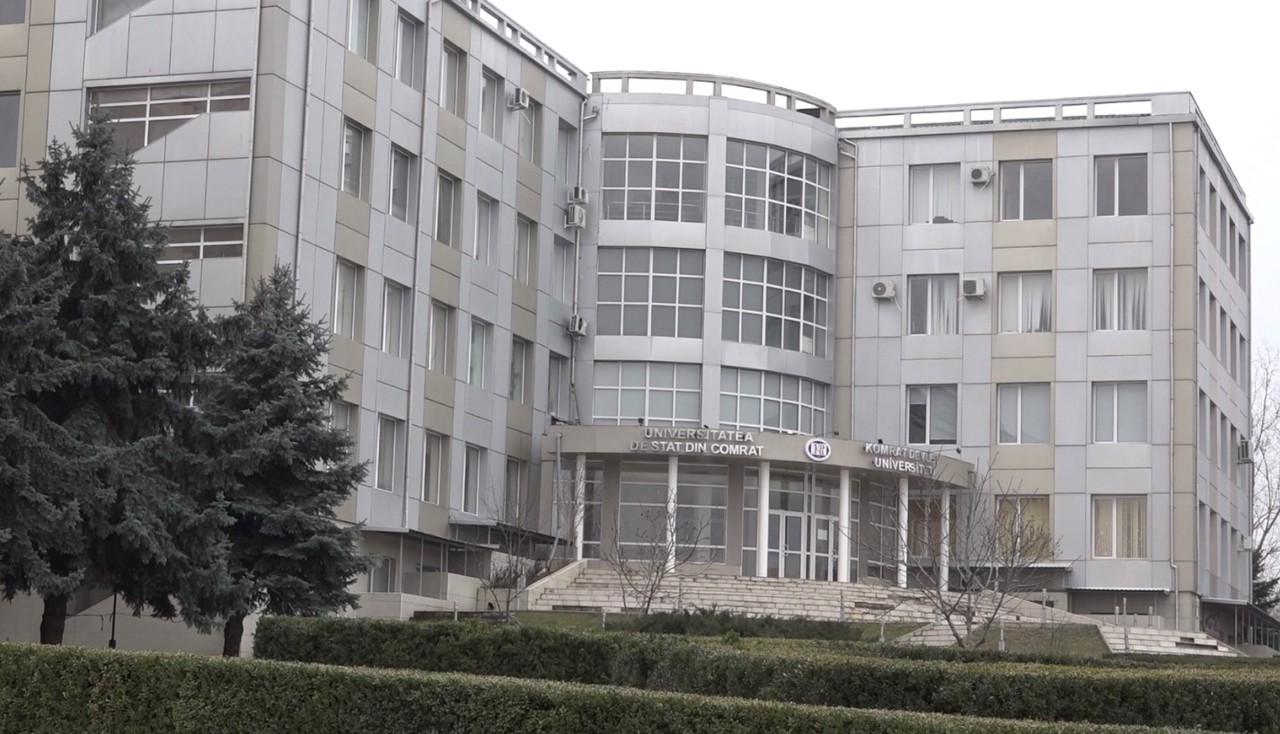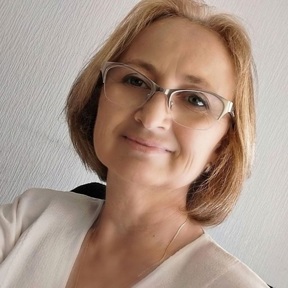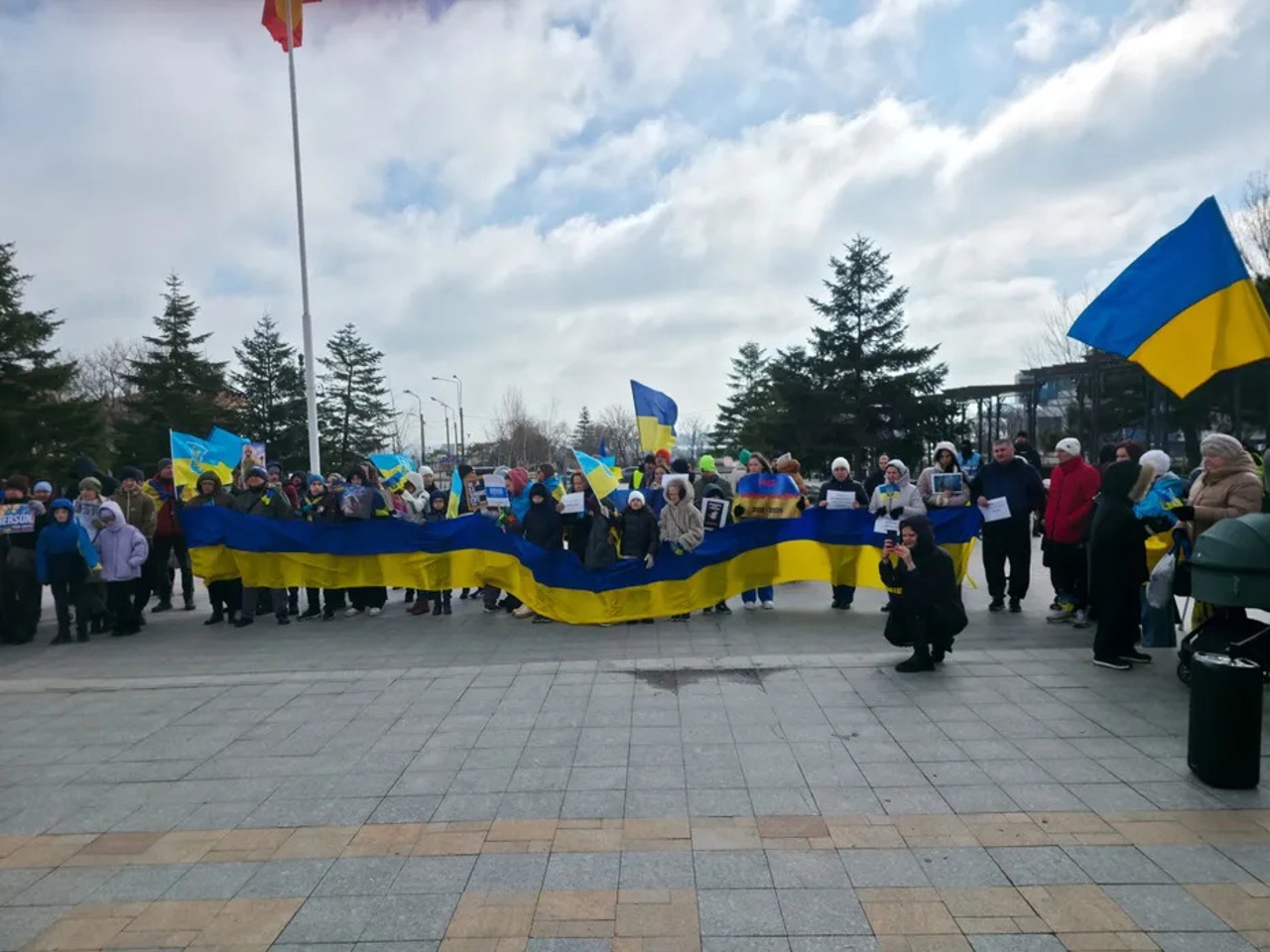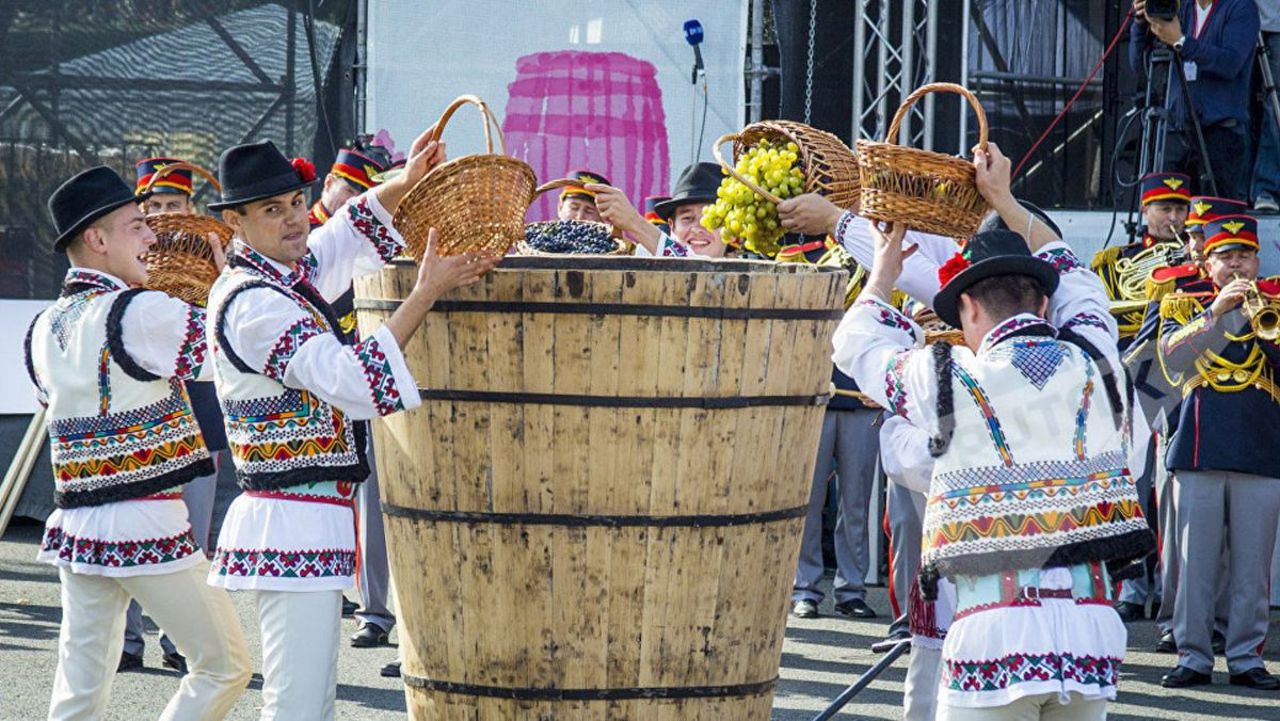Gagauzia reopens Romanian language center at Comrat University
Residents of Gagauzia will be able to study Romanian thanks to the reopening of the Romanian Language and Culture Center at Comrat State University.

This was made possible through collaboration with the Romanian Language Institute and the Department for Relations with the Republic of Moldova. Students, university professors, and anyone interested will have the opportunity to learn not only the Romanian language but also its culture through courses and events held at the center.
“We are currently in the first stage of our activities. We are making arrangements and hope that our initiatives will have an impact and meaningful results for our audience, helping them learn more about the Romanian language, culture, and civilization,” said Aurora Necula, a representative of the Romanian Language Institute.
“Teaching the Romanian language will help strengthen Gagauzia’s ties with Romania and the European Union, making this process easier and faster. The people of Comrat, in Gagauzia, are already familiar with Romania, the Romanian language, and even sing in Romanian. With the support of this Romanian university’s leadership, we aim to further develop this connection,” stated Adrian Dupu, Romanian Secretary of State at the Department for Relations with the Republic of Moldova.
The reopening of the center at Comrat State University will offer students more job opportunities.
“We recognize that Romanian, the state language of the Republic of Moldova, is highly important, as it is also an official language of the European Union. We are providing this opportunity to students who need to integrate into Moldovan society. In this context, knowledge of the state language, alongside their native Gagauz and a foreign language, will help young people feel confident both at home and abroad,” said Serghei Zaharia, Rector of Comrat State University.
The Romanian Language Lectureship in Comrat was established in 2015 but was closed soon after. Its reopening has been made possible with the support of partners from Romania.
Translation by Iurie Tataru





